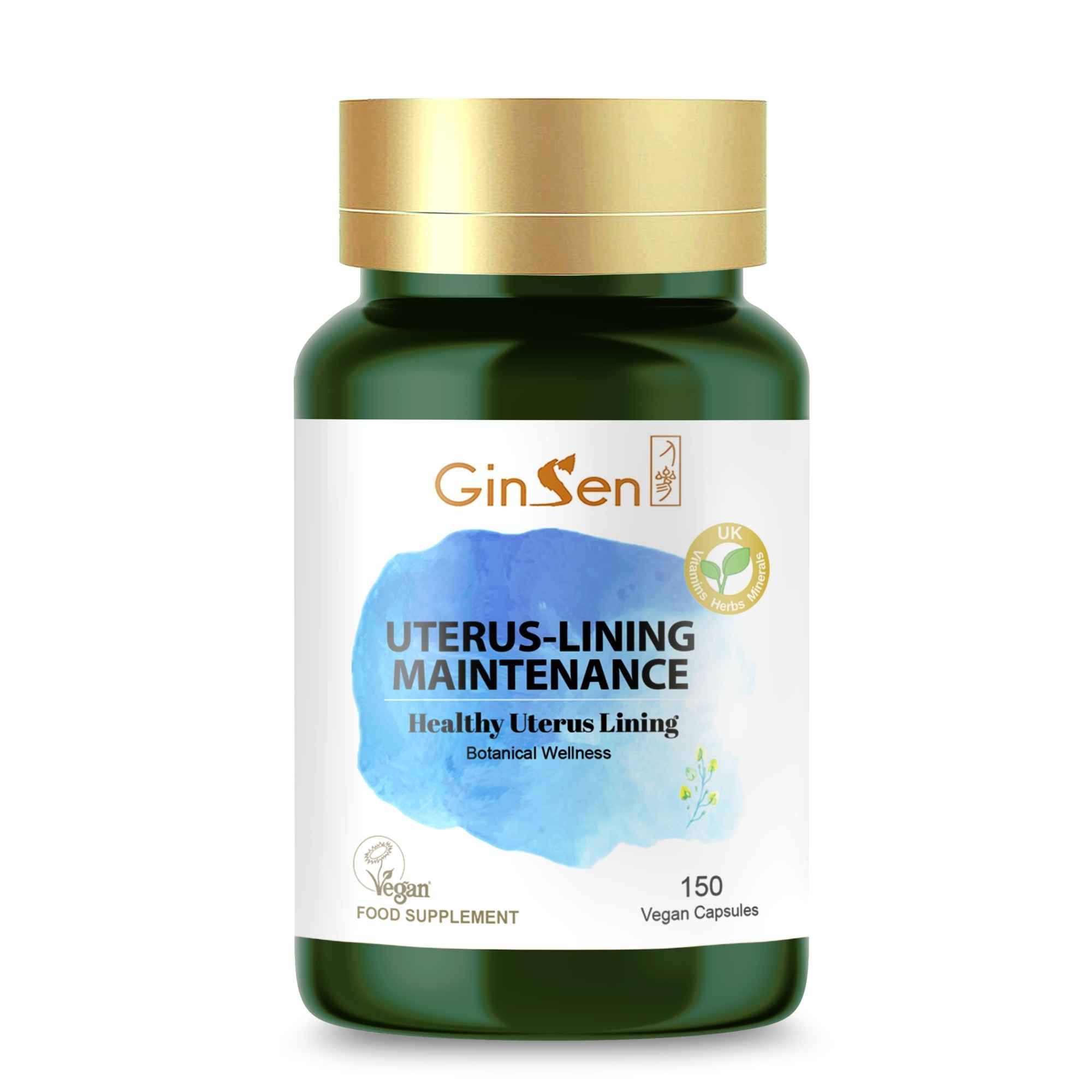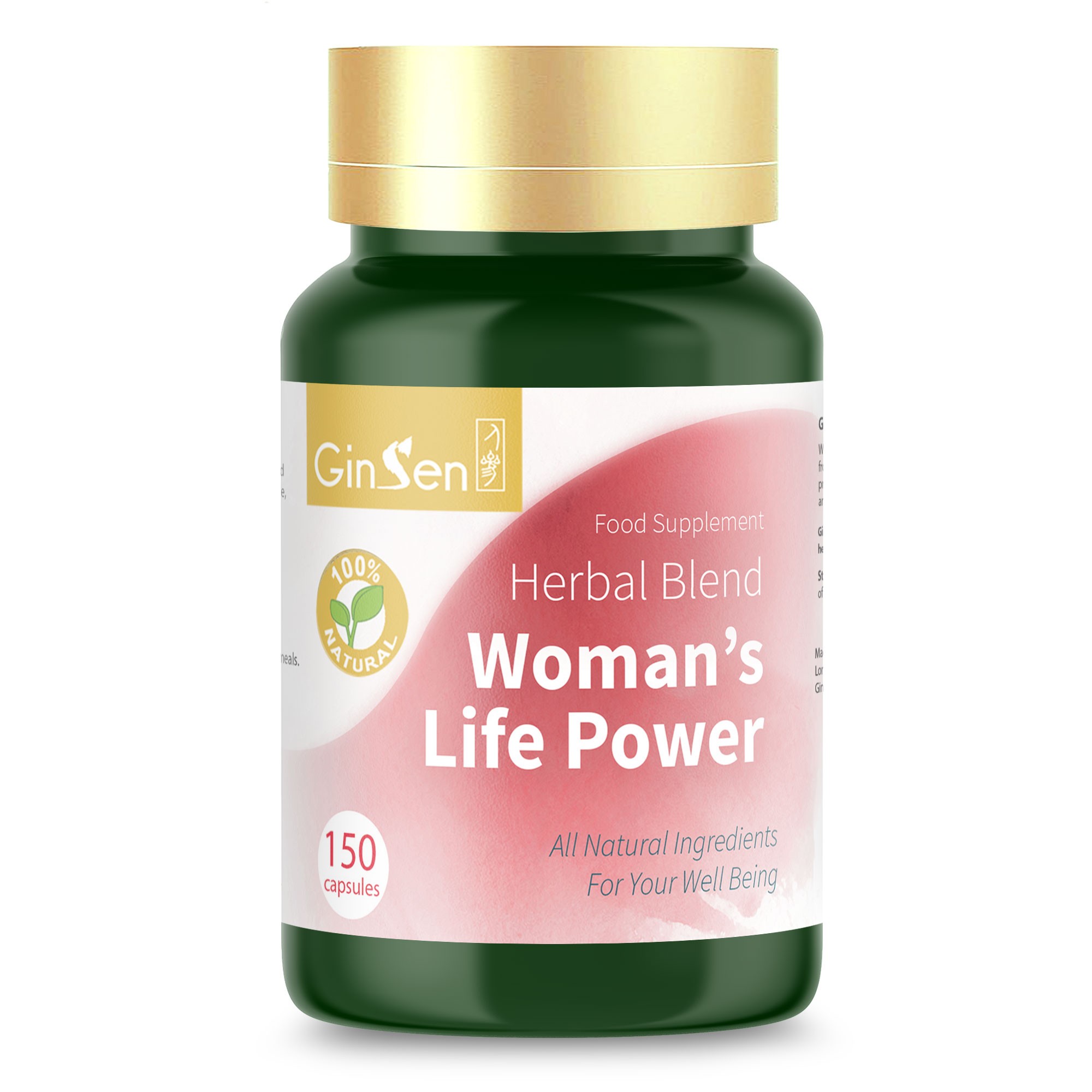
3 Failed IVF Cycles? Chinese Medicine Can Be The Next Step
Following several years of trying to conceive, couples often turn to in-vitro fertilisation (IVF) as their final answer. This expensive treatment fertilises eggs outside the body. The eggs are then placed back into the womb in the hopes that one of them implants.
Unfortunately, IVF isn’t always successful. When failure occurs after three consecutive attempts at IVF, the term ‘recurrent implantation failure’ (RIF) is used. Approximately 10% of women undergoing IVF suffer from RIF.
That leads many couples to ask, “3 failed IVF cycles, What next?”
Many couples assume this is the end of the line and begin to consider other options. However, several recurrent implantation failure treatments exist to boost the chance of implantation – including Traditional Chinese Medicine (TCM).
Causes of Recurrent Implantation Failure
According to Chinese Medicine
RIF is incredibly draining on the body. Not only are there the physiological effects of egg extraction and implantation, but the stress and disappointment also take their toll. But what’s behind the implantation failure in IVF? Here are five possible causes according to Chinese Medicine.
1. Embryo Quality
Embryo quality is one of the most important factors in a successful implantation. Factors such as genetic defects, morphological abnormalities, and metabolic deficiencies of the embryo can affect its viability and lower the chance of implantation.
In Chinese medicine, poor-quality embryos are linked to a Kidney Yin Deficiency. Kidney Yin governs the follicular or growth phase (days 1-14) of the menstrual cycle. As such, if deficient, it can affect the quality of eggs and subsequent embryos.
Characteristic symptoms of a Kidney Yin Deficiency include hot flashes, dry mouth, night sweats, thirst at night, and irregularities in menstruation such as short cycles or light-coloured menstrual flow.
Related: How to Improve Egg Quality for IVF with Natural Chinese Medicine
2. Thin Endometrium
The endometrium is the lining of the uterus (or womb). Embryos implant into the endometrium, which supplies the growing child with nutrients and oxygen via its rich blood supply. However, the thinner the endometrium, the more limited its blood supply, impairing the chance of successful implantation or pregnancy. Factors causing a thin endometrium include hormonal imbalances and uterine blood flow issues.
TCM practitioners associate a thin endometrium with a Liver or Spleen Blood Deficiency. If a woman has a normal menstrual flow, then the endometrium is the correct thickness. Signs of Liver and Spleen blood deficiency often include scanty or light menstrual flow, which suggests inadequate endometrial growth. Other symptoms may include dizziness, insomnia, blurred vision, and dry skin.
Related: Thicken Uterine Lining Naturally With Chinese Medicine
3. Uterine Scarring
Scar tissue in the uterus is a common cause of recurrent implantation failure in women who’ve previously undergone pelvic surgery or had an infection. Disruptions to the uterine lining make it difficult for an embryo to implant.
TCM links uterine scarring to Liver Qi Stagnation. It is associated with absent or irregular periods, pre-menstrual tension, breast tenderness, bloating, and irritability. The condition occurs because of an impaired flow of energy (Qi) and blood within the liver.
4. Cold Uterus
In TCM, the terms Yin and Yang are associated with temperature. Yin is cool and moistening, whereas Yang is warm and dry. A ‘cold uterus,’ therefore, is synonymous with a Yang Deficiency. If the uterine environment is cold, the temperature is too low to support implantation. It’s akin to trying to grow a tropical plant in a cold climate.
Moreover, a cold uterus may also mean there’s an inadequate blood supply to the uterine lining (see point 2.) Symptoms of a Yang Deficiency include a preference for warmth, cold hands and feet, and severe menstrual pain that is alleviated with heat.
Related: How To Keep Uterus Warm For Implantation With Chinese Medicine
5. Blood Stasis
Blood stasis in TCM refers to the poor circulation of blood, particularly in the uterus. If the blood does not flow, it cannot nourish the endometrial lining and support embryo implantation.
The underlying cause of this condition involves several factors, including a sedentary lifestyle, exposure to cold, or traumatic injury. Symptoms of Blood Stasis can include fixed, stabbing pain, dark, clotted menstrual blood, and a purplish tongue.

Recurrent Implantation Failure? Treatment with Chinese Medicine
After 3 failed IVF cycles, What next? You might consider Chinese medicine as a viable option. TCM has a growing evidence base supporting its use in fertility and implantation failure IVF treatment.
1. Acupuncture for Recurrent Implantation Failure
Acupuncture involves the insertion of fine needles into specific points in the body. These points are associated with the flow of energy or life force. By activating these points, individuals can augment their natural bodily processes – even increasing fertility and resolving recurrent implantation failure.
According to a 2021 systematic review and meta-analysis, acupuncture improved pregnancy outcomes for patients with RIF. Part of the mechanism appears to include the endometrial thickness and embryo implantation rate. Indeed, a 2007 study confirmed that acupuncture can increase uterine blood flow, which, in turn, may result in a thicker endometrium.
Another 2015 study reported that electroacupuncture increased the egg quality in infertility patients with a Kidney Deficiency pattern compared to a control group (81.3% vs. 57.6%). This indicates that acupuncture can help with every stage of IVF, from egg retrieval to implantation.
Finally, in 2019, a systematic review also confirmed that acupuncture increased the implantation rate in IVF. As the authors concluded, “The present review showed that women with poor or decreased ovarian reserve and women with repeated implantation failures seemed to benefit from the adjunctive acupuncture treatment when undergoing IVF.”
Potential causes include everything from improved ovarian function and embryo quality to enhanced endometrial receptivity.
Ready to take the next step? Book Your Acupuncture Session Now
2. Moxibustion
Moxibustion is another popular recurrent implantation failure treatment. It involves burning dried mugwort on or near the skin to facilitate healing by warming body regions and acupuncture points.
One study investigated combined acupuncture and moxibustion in patients with RIF. It found a 40% clinical pregnancy rate compared to conventional treatments. The endometrium was thickened, and hormones were elevated.
A further study is being conducted to see if moxibustion can boost RIF outcomes on its own. The results have yet to be published.
Moxibustion can be carried our in the clinics as well as at home.
3. Recommended Supplements
Chinese medicine supplements offer a holistic approach to fertility by addressing underlying imbalances and supporting reproductive health. They target the root cause of fertility issues, including recurrent implantation failure.
Pure Moxa Sticks
These pure moxa sticks are effective and safe to use for warm up the meridians and dispelling coldness. Offering an abundance of health benefits.

Uterus-Lining Maintenance
GinSen’s Uterus-Lining Maintenance are expertly formulated to nourish the uterus, building healthy uterine lining, and creating an ideal environment for conception, and healthy pregnancy.

Ferti Support His & Her
Ferti Support His & Her (Fertility Boost Remedy) by GinSen are herbal supplements to boost fertility, and assist when IVF treatment has failed to provide the desired results.

Woman’s Life Power
Woman’s Life Power is a unique herbal blend supplement to support women trying to conceive, it can help with fertility issues related to FSH, AMH levels, PCOS, and irregular ovulation.

4. Diet and Lifestyle changes
- Eat Warm Nourishing Foods: Consuming warm, cooked foods is believed to support a warm and fertile environment in the body, particularly for those with a cold uterus. Add soups, stews, steamed vegetables, whole grains to your diet.
- Avoid Cold Foods: Cold foods and beverages, can exacerbate cold conditions in the body and may hinder fertility. It’s best to minimise the intake of cold drinks and cold foods such as salads.
- Manage Stress: Stress can negatively impact fertility by disrupting hormonal balance. Practice stress-reduction techniques such as deep breathing exercises, yoga, tai chi, or spending time in nature to promote relaxation.
Related: 10 Ways To Reduce Stress Naturally
5. Consult with a Chinese Medicine Practitioner: Consider seeking guidance from a qualified Chinese Medicine practitioner who can provide personalised recommendations tailored to your individual constitution and specific fertility concerns. They may prescribe herbal remedies, acupuncture treatments, and lifestyle advice to support your fertility journey and address recurrent implantation failure.
At GinSen we offer initial expert consultations. Book expert consultation here.

For more information about how Chinese Medicine can help you with recurrent implantation failure, book your free consultation with our Chinese Medicine experts today
* These statements have not been evaluated by the Food and Drug Administration. This information is not intended to diagnose, treat, cure, or prevent any disease. We can’t guarantee the treatment result, as the symptoms of conditions are unpredictable and vary greatly from person to person. The treatment length and recovery time also varies for individual. Please visit our clinics website: GinSen where a specialists will discuss your care and provide a consultation, and the treatment will be designed to meet your individual needs.





